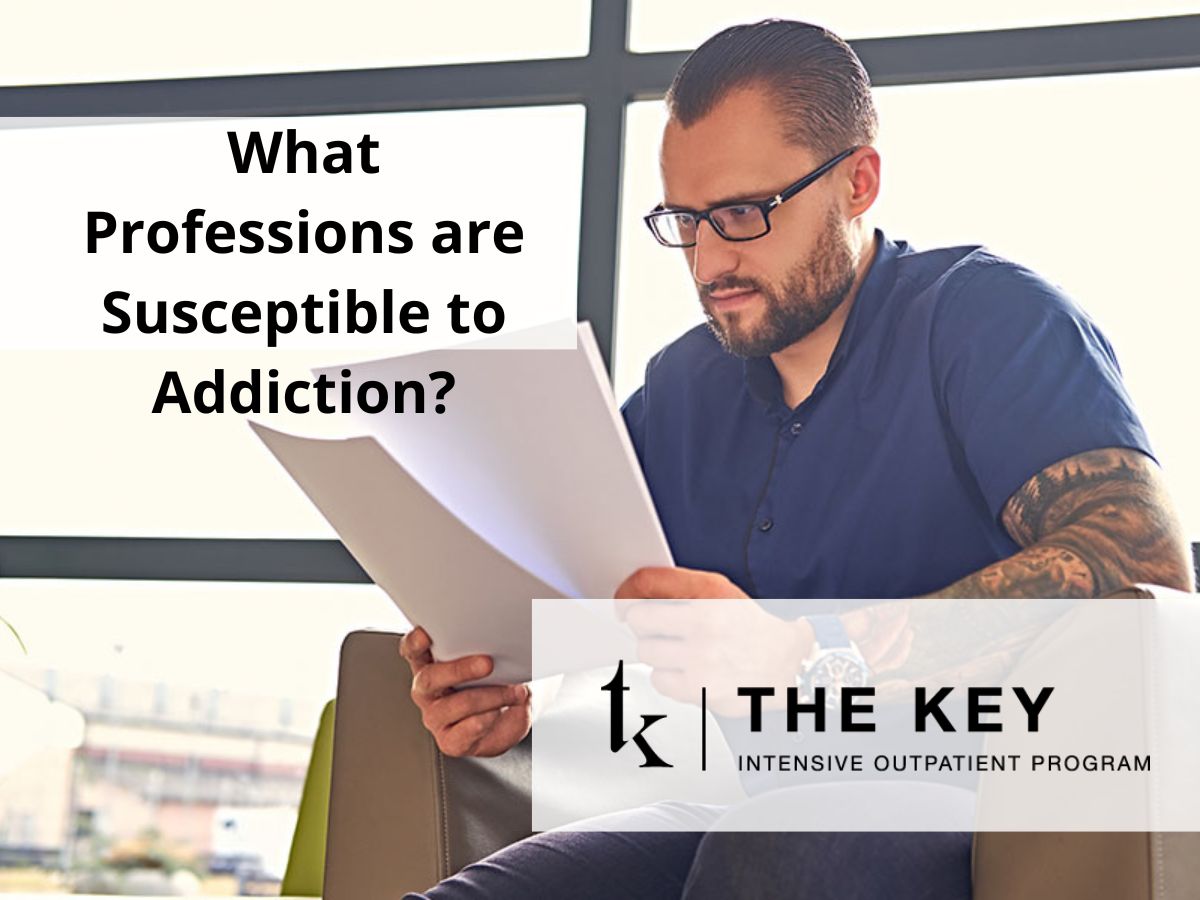Mindfulness is a buzzword in the therapeutic community, but what does it mean? How does it aid addiction recovery? The Key Addiction Treatment Center in Santa Cruz, CA, wants to break Mindfulness down and explore the importance of mindfulness in overcoming addiction, backed by expert opinion.
What is Mindfulness?
Mindfulness is a mental state achieved by focusing one’s awareness on the present moment, calmly acknowledging and accepting one’s feelings, thoughts, and bodily sensations. It’s about being fully present and engaged in whatever you’re doing, free from distraction or judgment. It is a state of active, open attention to the present.

Understanding Addiction
Addiction is a complex condition characterized by compulsive substance use despite harmful consequences. It involves changes in the brain’s functioning that makes quitting hard, even for those who want to. More than a behavioral problem, addiction to alcohol or drugs is a disease, and recovery requires a multi-faceted approach.
The Connection Between Mindfulness and Addiction
Now that we have a basic understanding of mindfulness and addiction let’s delve into their connection. How can mindfulness play a significant role in addiction recovery? It’s all about breaking the cycle of craving, using, and regret.
Practicing Mindfulness for Addiction Recovery
Mindfulness can be challenging, especially if you’re new to the concept. Consider seeking guidance from a trained professional or joining a mindfulness training group for support. Start small, with just a few minutes a day of focused breathing, body scanning, mindful breathing, or mindful eating.
The Power of Mindfulness in Long-Term Recovery
Mindfulness isn’t just about short-term recovery. It’s a lifelong practice that can provide ongoing support and resilience, helping individuals stay sober and enjoy a healthier, more balanced life. Its ability to foster self-awareness, self-compassion, and non-judgmental acceptance makes it a powerful tool for long-term recovery from drug addiction or alcoholism.
Mindfulness Encourages Compassion | Encourage Yourself to Take the Steps to Sobriety
The importance of mindfulness in addiction mindfulness can’t be overstated. It offers a unique approach to breaking the cycle of addiction, managing emotions, and making healthier choices. By altering the brain’s functioning, mindfulness empowers individuals to regain control over their lives.
It’s not a magic bullet, but behavioral therapies can be a game-changer as part of a comprehensive recovery plan. If you or someone you know is battling addiction, incorporating mindfulness into recovery could be the key to unlocking a healthier, more balanced life. Remember, it’s not about perfection but taking small, consistent steps toward a more mindful existence.
With practice and patience, practicing mindfulness can become a beacon of light in the darkness of addiction, illuminating the path toward sustained recovery and a more fulfilling life.
Choosing the Right Support: Key IOP in Santa Cruz
When incorporating mindfulness into your recovery journey, having support can make all the difference. At the Key Intensive Outpatient Program (IOP) in Santa Cruz, we understand the power of mindfulness-based treatments in overcoming addiction.
Our dedicated team, trained in mindfulness-based therapies, creates personalized recovery plans incorporating mental awareness alongside traditional therapies. We believe that healing requires a holistic approach, addressing not just the physical symptoms of addiction but also the behavioral and emotional aspects.
Our program fosters an environment where individuals can learn to harness the power of mindfulness, helping them navigate the path of recovery with resilience and self-compassion. At The Key Addiction Treatment Center, we treat addiction and empower individuals to reclaim control of their lives and thrive in their sobriety.






